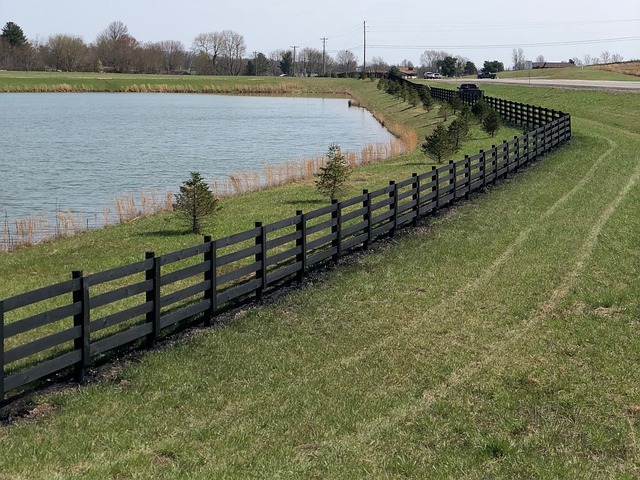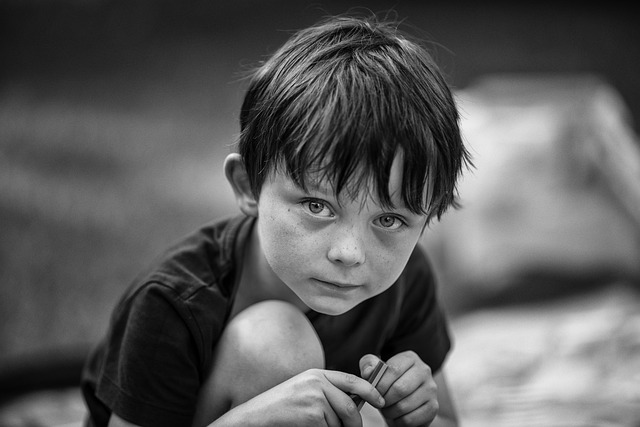In Oregon, including Portland, child abuse is taken seriously with strict laws and mandatory reporting for professionals and citizens. Concerned individuals can access free legal aid from child abuse attorneys Portland OR for eligible cases involving physical, mental, emotional, sexual, or neglectful injuries. Organizations offer specialized support, free consultations, and pro bono representation to protect survivors' rights and ensure access to justice.
“Navigating legal aid for child abuse cases can be daunting, but understanding your rights and available resources is crucial. This guide provides a comprehensive overview for residents of Portland, Oregon, seeking free legal assistance. From comprehending state laws pertaining to child abuse to finding qualified child abuse attorneys in Portland OR, this article outlines the steps necessary to protect victims and their families. Learn about eligibility criteria, the application process, and valuable resources designed to support survivors.”
Understanding Child Abuse Laws in Oregon
In Oregon, child abuse is taken very seriously, with strict laws in place to protect children and hold perpetrators accountable. Child abuse can take many forms, including physical, emotional, sexual, or neglectful actions that cause harm to a minor. The state has established clear definitions and regulations to identify and address these situations effectively. Understanding these laws is crucial for anyone involved in a child abuse case, especially when seeking legal aid from child abuse attorneys Portland OR.
Oregon law defines child abuse as any act or failure to act which causes or allows a child to suffer harm, including physical, mental, or emotional injury, sexual abuse or exploitation, or inadequate food, shelter, or medical care. It’s important to recognize that anyone who suspects child abuse must report it to the Department of Human Services within 24 hours. This includes professionals like teachers, healthcare providers, and law enforcement officers, as well as concerned citizens. The state has robust systems in place to investigate reports and provide support to affected children and their families, often with the assistance of child abuse attorneys Portland OR.
Eligibility Criteria for Free Legal Aid
In Portland, Oregon, individuals facing child abuse cases may be eligible for free legal aid through various organizations dedicated to supporting victims and ensuring justice. Eligibility criteria typically focus on financial need and the urgency of the situation. Child abuse attorneys in Portland OR often work pro bono or at reduced rates for clients who meet specific guidelines set by these legal aid providers.
To qualify, applicants generally must demonstrate low income, as determined by a means test, and have a compelling need for legal representation due to the sensitive nature of child abuse cases. The availability of free legal services can vary based on resources and capacity within each organization. Some organizations cater specifically to certain types of child abuse or age groups, while others offer comprehensive support across various forms of abuse.
Finding and Contacting Child Abuse Attorneys in Portland
Finding qualified legal help for child abuse cases is crucial, and in Portland, Oregon, there are numerous resources available to support victims and their families. One of the first steps is to search for reputable child abuse attorneys in the area who specialize in these sensitive matters. Legal aid organizations and state bar associations often maintain directories of lawyers focusing on family law and child-related cases, making it easier to identify specialists.
You can start your search online by looking up “child abuse attorneys Portland OR” to find local legal practices with expertise in this field. Many attorneys offer free initial consultations, which is a great opportunity to discuss your case and gauge their approach. Local community centers or non-profit organizations dedicated to child welfare might also provide referrals or have partnerships with legal aid providers specializing in these cases.
The Process of Applying for Legal Assistance
Applying for free legal aid in child abuse cases involves a structured process designed to ensure support for victims and their families. The first step is to connect with organizations specializing in providing legal assistance for such sensitive matters. Portland, OR, has numerous resources dedicated to helping individuals facing child abuse allegations or seeking justice for their children. These organizations often offer free consultations to evaluate your case and determine eligibility for representation.
During the application process, you’ll need to provide detailed information about your situation, including documentation related to child abuse claims. Child abuse attorneys in Portland OR will review this information and assess whether your case aligns with the criteria set by legal aid providers. Eligibility is based on financial need, the urgency of the case, and the type of assistance required. Once approved, legal aid organizations will assign a qualified attorney who will guide you through the legal system, ensuring your rights are protected throughout the process.
Resources and Support for Survivors and Families
In Portland, Oregon, survivors of child abuse and their families can find a range of resources and support services to help them navigate challenging situations. Many organizations offer free or low-cost legal aid specifically tailored to child abuse cases, ensuring that victims have access to justice. These services are crucial in helping individuals understand their rights and take the necessary steps to protect themselves and their children.
Child abuse attorneys in Portland OR play a vital role by providing pro bono assistance, offering confidential consultations, and guiding survivors through legal processes. They can help with issues like custody battles, protective orders, and criminal charges related to child abuse. Local non-profit organizations and government agencies also provide counseling, advocacy, and other forms of support, creating a comprehensive safety net for affected individuals and families.






